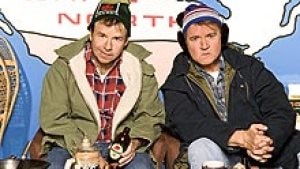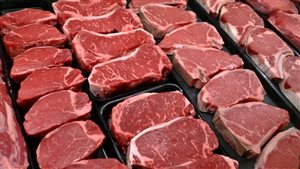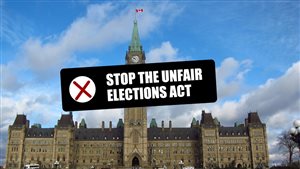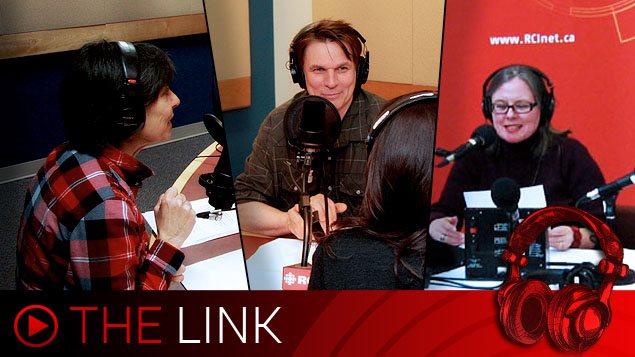Your hosts this week, Lynn, Carmel, and Marc
Listen
Ah stereotypes and clichés…when it comes to Canada, that we’re a hockey mad, toque wearing people who live in igloos and say “eh” a lot, in a land of beavers and moose and we travel a lot by canoe..
Well, according to a new survey, we do say “eh” a lot, toques are considered by most Canadians to be a Canadian type of clothing.
It turns out that some of those stereotypes do kind of fit, but others not so much.
A recent survey looked into how we speak, what is “Canadian” clothing, our musical stars, nature, and how many Canadians do or have seen or participate in what are generally perceived to be Canadianisms.
Lynn spoke with Anthony Wilson-Smith, president of Historica Canada, the group that commissioned the survey.

It’s an international trade dispute with Canada and Mexico pitted against the U.S. The Americans instituted a new policy some eight years ago requiring that imported livestock, cattle and swine, and all meat products produced from them be labelled with “Country of Origin Labelling” or COOL.
The idea claimed by the U.S was for food safety reasons and that American consumers should know where their food was coming from. Canada and Mexico protested at the World Trade Organization, saying it was simply protectionist.
Year after year the Americans lost their cases and appeals which they continued rather than change the law. It was thought they had run out of options and were facing immediate retaliation by Canada in the form of tariffs on American goods.
However the US has now challenged the amount Canada claimed as lost revenue and the case drags on a little longer, costing the Canadian industry over a billion dollars a year.
Marc spoke with Alberta rancher and president of the Canadian Cattlemen’s Association, Dave Solverson who has fought the COOL laws for years.

It’s a new law called The Fair Elections Act but it’s being challenged in Ontario Superior Court in order to ensure as many as 400,000 Canadians will be able to vote in the upcoming federal election.
The Council of Canadians, the Canadian Federation of Students, and three voters are seeking an injunction to suspend key provisions concerning identification requirements, in the Harper government’s recent Fair Elections Act.
Carmel spoke with Dylan Penner, of the Council of Canadians, to find out what’s at stake:







For reasons beyond our control, and for an undetermined period of time, our comment section is now closed. However, our social networks remain open to your contributions.